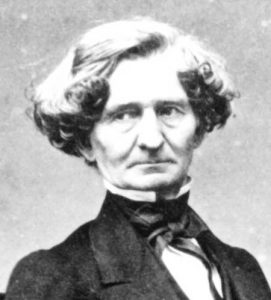It’s my party, and I’ll cry if I want to
Today is my birthday. I’m not really into birthdays, despite what my wife will tell you. The natural thing for a birthday, I suppose, would be to post my favorite piece of music, or perhaps a piece that is who I am. This, of course, brings up all sorts of questions: who am I? who am I supposed to be? who do you expect or want me to be? whose opinion matters, anyway?
It feels a bit clichéd, but Wagner‘s Prelude and Liebestod from Tristan und Isolde speaks to me more than any other piece of music. The Prelude begins not knowing where it is going, and after a long twisted journey, the only resolution you get is a return to the beginning state of unknowingness. And then, the Liebestod: possibly the longest delayed climax in history (4 hours) – but when it hits you, it’s like bliss you never even knew existed. Crying, of course, is optional.
Personal preference for this piece – the brass can simply not be loud enough. If the trombones haven’t made you deaf, then it’s a failure.


Recent Comments